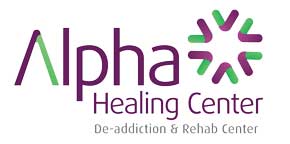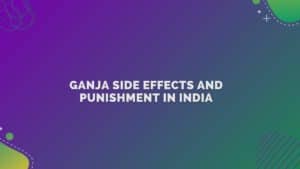Wherever it is legal, a lot of people might have engaged in recreational gambling with some spare change, just to try their luck. Gambling may also be indulged upon once upon a time, especially during festivals. However, this temporary indulgence, for some people, becomes an obsession, and they may go to extreme lengths to try and seek the high of winning around. The result is a type of impulse-control disorder which may be called either compulsive gambling, pathological gambling, or gambling disorder. Gambling problem is associated with other mental conditions such as unmanaged depression, stress, ADHD, bipolar disorder, or general insecurity.
- Signs that you have a Gambling Addiction
Some signs that you can easily identify yourself are the fact that you might feel it necessary to be secretive about it, that you find it difficult to control gambling, or that you gamble even when you are short of money (and feel the urge to take debts/steal from friends). If your family and friends have regularly been cautioning you about it, you might want to take a few moments out and do a bit of self-introspection which could help you come to grips with the fact that you do have a gambling addiction.
Just because you do not gamble every day does not mean you are not addicted to it. Also, if you are finding yourself trying to create justifications to gamble, such as you being able to afford it, or that it isn’t your mistake because someone else introduced you to gambling, stop right there. Because the problem is within you.
- Why it is necessary to identify the problem
Gambling might initially seem like a harmless activity. But once you get addicted to it, you might begin to invest increasing sums of money in it, oftentimes in the hopes of that ‘one big win’ which continues to elude you. And as such, you would find yourself losing large sums of money, getting into debt with friends, or in extreme cases, committing crimes such as theft. Also, your mood may begin to depend on your fortunes in gambling, and therefore, may exacerbate the underlying mental conditions that led you to get addicted in the first place
- What you can do to help yourself
In case you have identified yourself as one addicted to gambling, pat yourself on the back. For, accepting the problem is the first step towards solving it. The next step is to unlearn the bad habit by learning good ones. You may begin conditioning yourself mentally by practicing meditation, picking up a hobby, getting involved in a sport, or working out (while the latter two will benefit you physically, they will also improve your general mental health and leave you with less free time).
If you are insecure about your financial condition, it may be time to walk into an offline certification program (which would involve classroom instruction) so that you could build better skills that can help you move into better-paid jobs. Through all of this, it may be difficult to be consistent in your efforts, so you may want to confide in your close friends about the problem you have and have them monitor your daily activities.
In case your addiction is too severe, you may need to seek professional help by ideally enrolling for a rehab program. During the program, a professional therapist may work towards treating the underlying conditions such as depression, OCD, ADHD, or anxiety. You may also be put under Cognitive Behavioural Therapy to help build coping mechanisms that can help fight the addiction.
All in all, gambling is not a healthy activity but is a vice best stayed away. Should you identify yourself as addicted to gambling, it is important that you immediately begin working towards treating the addiction.






